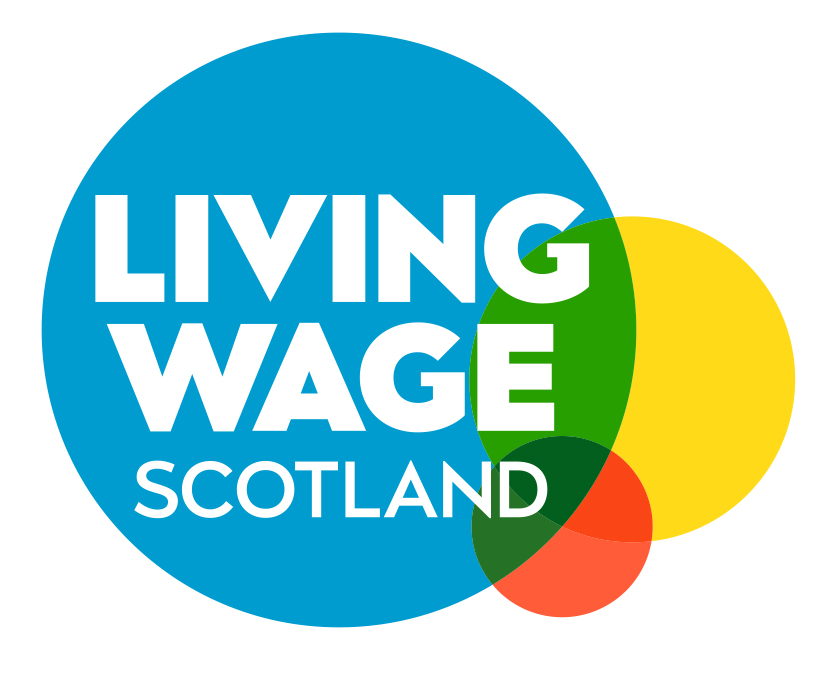By Pauline Coulter
Today marks four weeks since I started my new career with Living Wage Scotland as a Living Wage Accreditation Officer. As inductions go it’s been an interesting one! Getting to know my colleagues and the network of accredited employers from my living room is not how I pictured my start to a new job.
I am not the only one who has had a change. While we have been working with employers to ensure their staff are paid a real Living Wage, I keep thinking about a friend who also started a new job as a carer.
She works thirteen-hour shifts and she loves it. She was telling me how she was learning to put a sheath on a patient, so that he could pee. But it fell off and the pee went all over the floor, so she cleaned it all up. She didn’t say it to shock me, she was telling me about her training. She’s a very empathetic and caring person. Everyone she looks after will be treated with kindness, dignity and respect because that’s who she is.
Does she deserve a badge and clapping for her efforts?
She deserves more than this. Like many carers she’s not paid the real Living Wage. A recent Resolution Foundation report revealed care workers earn significantly lower than the national average. In Scotland 17% of people are paid less than the real Living Wage, compare that to care workers where 43% of people are paid less than the real Living Wage. Women are also impacted more by low pay in care because women make up 82% of front-line staff.
From Zero to Hero
As fast as Superman in a phone box, the language used to describe some essential roles, changed from ‘unskilled’ to ‘key’ workers. While welcome, this change in language must lead to practical change. Car are four times more likely to be employed on a zero hours contract. So, they’re less likely to have job security than the rest of us. We need to ask ourselves is the care we’re giving back to our carers enough? It is hard to say yes to this.
From B to C for Carers
In 2019 the B word was everywhere. This year the C word is everywhere. After Brexit anyone wanting to come to the UK to work must have a job offer with a salary of £25,600. A lower salary of £20,480 may be acceptable in special cases where there might have a skills shortage, such as in nursing. Unison, the union which represents many health workers said the changes “spell absolute disaster for the care sector”. Will the CV-19 crisis change this rule if we change the way we value carers?
The value of a Carer
Carers deserve the same dignity and respect they give to us when we’re at our most vulnerable. They hold us up when we pee in a shower naked after giving birth, when we’re too afraid to use the toilet because we’ve just had an episiotomy – yes that was me.
Let’s clap for care workers and then do more, much more. We need to have an honest discussion about their role. About how vital it is, but also about how complex and demanding the role is. We need to listen and work with workers and their employers to find out what they need to continue to care as wonderfully as they do. We need to know if the current system is working or if we need a new start.

